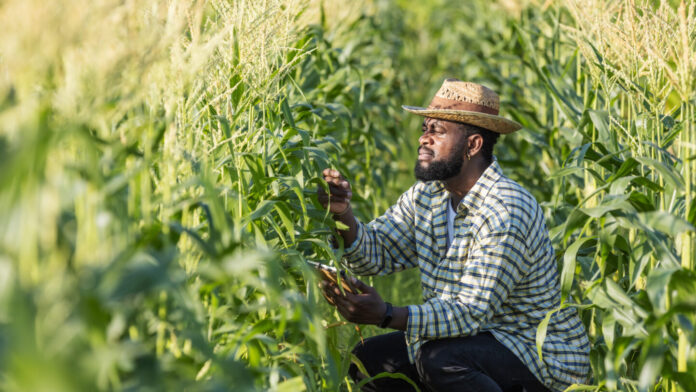Smallholder farmers constitute the backbone of Sri Lanka’s agricultural sector, producing the majority of the country’s staple food and cash crops. However, these farmers face multiple challenges including land fragmentation, limited access to inputs, climate change impacts, and fluctuating market prices. Empowering smallholders through sustainable agriculture practices is critical for enhancing productivity, ensuring food security, and promoting environmental conservation.
Sustainable agriculture involves methods that maintain soil health, conserve water, and reduce chemical usage while increasing crop yields. Techniques such as crop diversification, integrated pest management, organic fertilization, and conservation tillage help preserve natural resources and enhance resilience to climate variability. These practices not only protect the environment but also improve farmers’ long-term economic viability by reducing dependency on costly agrochemicals.
Capacity building and knowledge dissemination are vital for widespread adoption of sustainable agriculture. Extension services, farmer field schools, and participatory training programs provide practical guidance tailored to local conditions. Digital tools and mobile platforms are increasingly used to share information on weather forecasts, best practices, and market trends, empowering farmers with timely insights.
Access to finance remains a significant barrier for smallholders wishing to invest in sustainable inputs and technologies. Microfinance institutions, government subsidies, and innovative financing models such as green credit schemes can bridge this gap. Public-private partnerships also play a role in developing supply chains that support organic and fair-trade certifications, opening new market opportunities for smallholders.
The role of cooperatives and farmer organizations is crucial in aggregating production, negotiating better prices, and facilitating access to markets. Strengthening these groups enhances bargaining power and enables investments in shared infrastructure such as storage facilities and processing units.
Sustainable agriculture also contributes to national priorities including climate change mitigation and biodiversity conservation. Practices that reduce greenhouse gas emissions, promote agroforestry, and protect water sources align with Sri Lanka’s commitments under international environmental agreements.
Challenges to scaling sustainable agriculture include limited awareness, initial costs, and entrenched practices. Policy support through research funding, incentive schemes, and integrating sustainability criteria into agricultural policies can accelerate progress.
In conclusion, empowering smallholder farmers through sustainable agriculture is essential for building a resilient and inclusive agricultural sector in Sri Lanka. By fostering innovation, improving access to resources, and promoting collaborative approaches, the country can ensure food security, environmental health, and rural livelihoods for generations to come.




